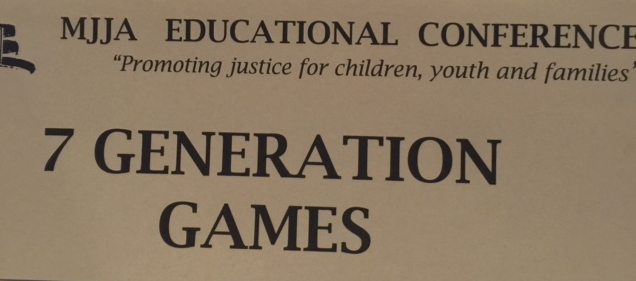More than two-thirds of youth in state juvenile facilities are below grade level in math and English and a quarter of these children have failed at least one grade.
When I taught at a school for ’emotionally-disturbed youth’, every student in my class had been arrested at least once – by the eighth grade!
Our school – and most juvenile justice programs – rightfully focused on the social and behavioral problems of the students. Don’t punch the student next to you. Don’t tell the teacher you hope she dies every day when you walk into class. Don’t try to set the school on fire. (I am not making these examples up.)
The reason I was at the Missouri Juvenile Justice Association meeting this week is that, years ago, I realized that even if we corrected all of those problem behaviors and a host of others, the students in my class would still be four years behind in math. If you graduate from high school reading and doing math at an eighth grade level, your odds of getting employed are a lot lower and your odds of going to prison a lot higher.
Logically, if you are already years behind academically, as most children in the juvenile justice system are, for you to graduate high school with a high school level of proficiency, you need to gain MORE than one year of academic progress each year. How do you do that? Especially how do you do that with students who are oppositional, defiant and likely to yell at the top of their lungs:
I’m not doing any math problems and you can’t make me!
Yes, you are right. Go ahead and play this computer game. It’s hard to be defiant against a computer. It’s just a thing. Maybe that thing (if I wrote the software), will pose some math problems in the middle of the game, in passing teach you the meaning of words like, ‘timid’, ‘sapling’ or ‘skeptical’, have some videos that tell you what a quotient is or how to find a median.
Because it is combining math, social studies and English, you will be learning more in one hour than in a typical class. And just maybe, when the nice people in behavioral health have convinced you to stop swearing, fighting and setting fires, you’ll be academically ready to go on to college or into the workforce.
Learn More
National Juvenile Justice Network – Improving educational outcomes
Southern Education Foundation – A study of juvenile justice schools in the south and in the nation


